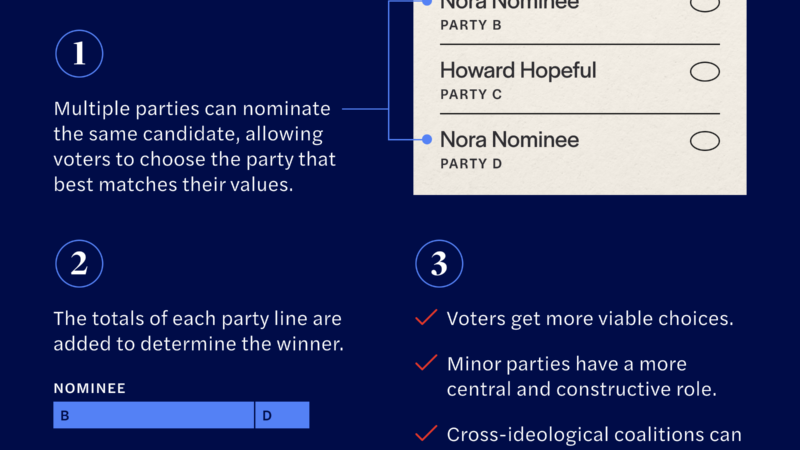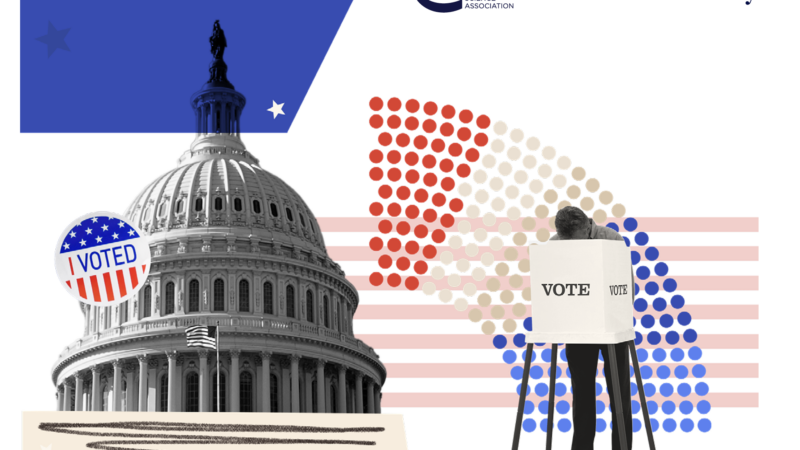Shifted momentum towards proportional multi-member districts through original research, organizing hundreds of top political scientists to publicly speak out, and generating new media coverage.
Shaping the Democracy of Tomorrow
Our Work
Democracy requires institutions that inspire faith — that our political system is representative and responsive, that civic participation is valuable, and that democracy can deliver for the people.

For many voters, recent elections have felt existential. They’re not wrong: The stakes are as high as they appear to be. This seemingly endless cycle is no accident: Our electoral system is particularly vulnerable to the global authoritarian wave. Polarization and a strict two-party system have empowered a small authoritarian faction to gain control of one of the two parties. As a result, every election has become an us-versus-them battle wherein democracy itself seems to hang in the balance.
A country as large and as diverse as the United States demands a democracy that facilitates healthy competition, robust representation, and pluralism in our politics. Yet our electoral system: disadvantages minority voices; stifles competition; limits the number of political parties; escalates extremism; limits voter choice; and exacerbates political violence.
Stopping the authoritarian threat requires bold and ambitious long-term strategies to ensure that the Democracy of Tomorrow better reflects the will of all Americans and is oriented toward collaboratively addressing our country’s most pressing challenges.
- Replacing winner-take-all elections with a more proportional system of representation.
- Advocating for more and better political parties that responsibly promote democracy.
- Legalizing fusion voting to help break the two-party doom loop.
Advanced several provisions of the Protecting Our Democracy Act, a package of democratic guardrails reforms we helped congressional leaders assemble, which President Biden signed into law.
Impact in the News

Political Violence & US Democracy Political Violence & US Democracy
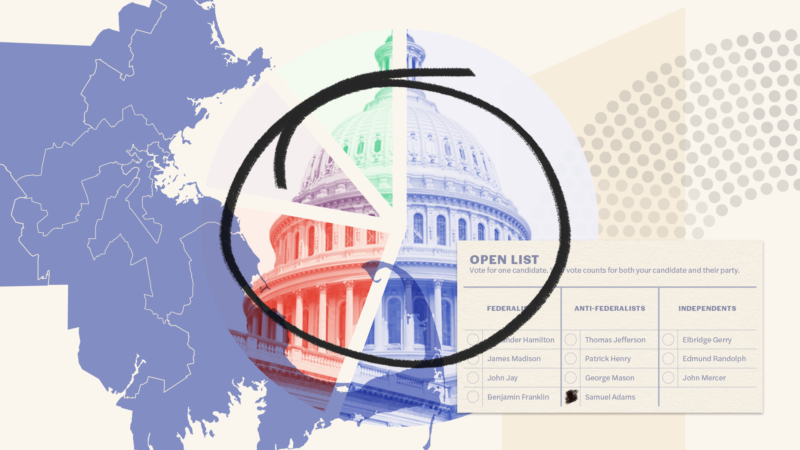
Proportional representation, explained
Proportional representation is an electoral system that elects multiple representatives in each district in proportion to the number of people who vote for them.
December 5, 2023

How does Gen Z really feel about democracy?
A survey of young Americans shows they don't think as a monolith and offers three distinct profiles of how they perceive democracy, engage with civic life, and see their role in shaping the future.
April 6, 2025

Expanding the House of Representatives, explained
How expansion of the House of Representatives could work — and why it would benefit democracy
January 24, 2025

The Case for Multiparty Presidentialism in the U.S.
In this paper, we argue that presidentialism and PR for the U.S. House would be an effective combination for American democracy.
December 14, 2023

Fusion Voting and a Revitalized Role for Minor Parties in Presidential Elections
An electoral practice that once allowed minor parties throughout the country to exert real influence in politics — fusion voting — could help defend U.S. democracy.
December 14, 2023

Lessons for Practitioners: From Understanding to Action
The goal of this afterword is to draw out the essential lessons for those pursuing solutions to American political parties’ current challenges.
October 17, 2023
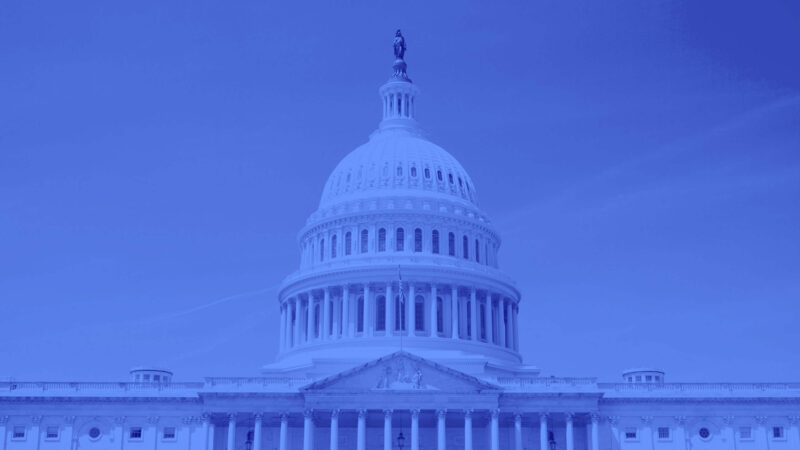
More Than Red and Blue: Conclusion
This report exists because political scientists are alarmed by the real possibility of serious democratic backsliding in the United States.
October 17, 2023

Sources of Change: Prioritizing Parties
We outline two seemingly contradictory observations about political parties in the United States: Parties are essential to democracy, but U.S. institutions are often hostile to them.
October 17, 2023
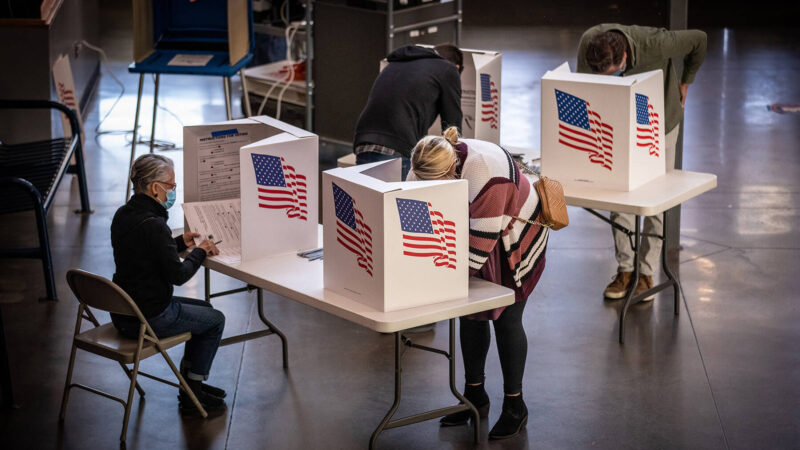
Sources of Change: Toward a Different Kind of Party Government — Proportional Representation for Federal Elections
In this chapter, we give some ‘pros and cons’ of three PR forms: mixed-member proportional, single transferable vote, and open-list proportional.
October 16, 2023
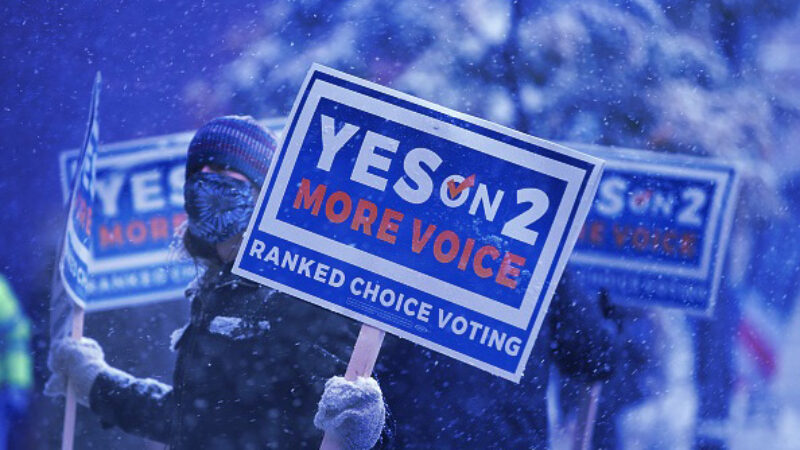
Sources of Change: Encouraging Cooperation and Responsibility
The American party system has developed in a context which traditionally includes partisan primaries, categorical ballots and plurality winners chosen in single-round elections.
October 16, 2023
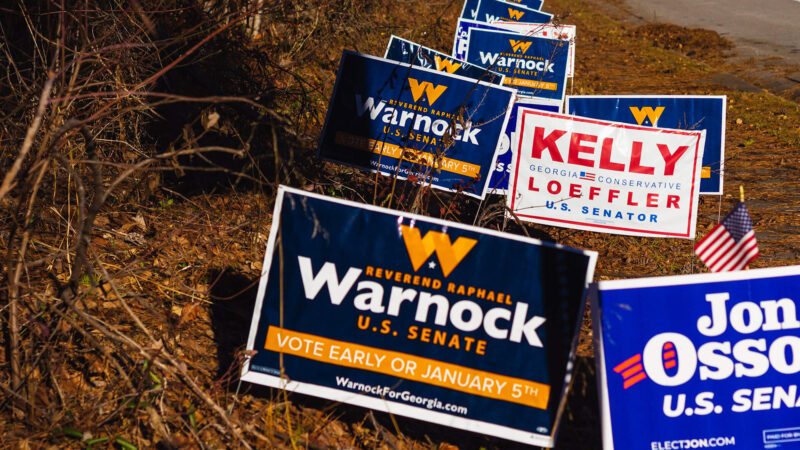
Sources of Change: Factions, Moderation, and Democratic Responsibility
In addressing how factions and organizational issues within and across the parties influence whether parties and leaders behave responsibly, this chapter assesses party and actor incentives.
October 15, 2023
